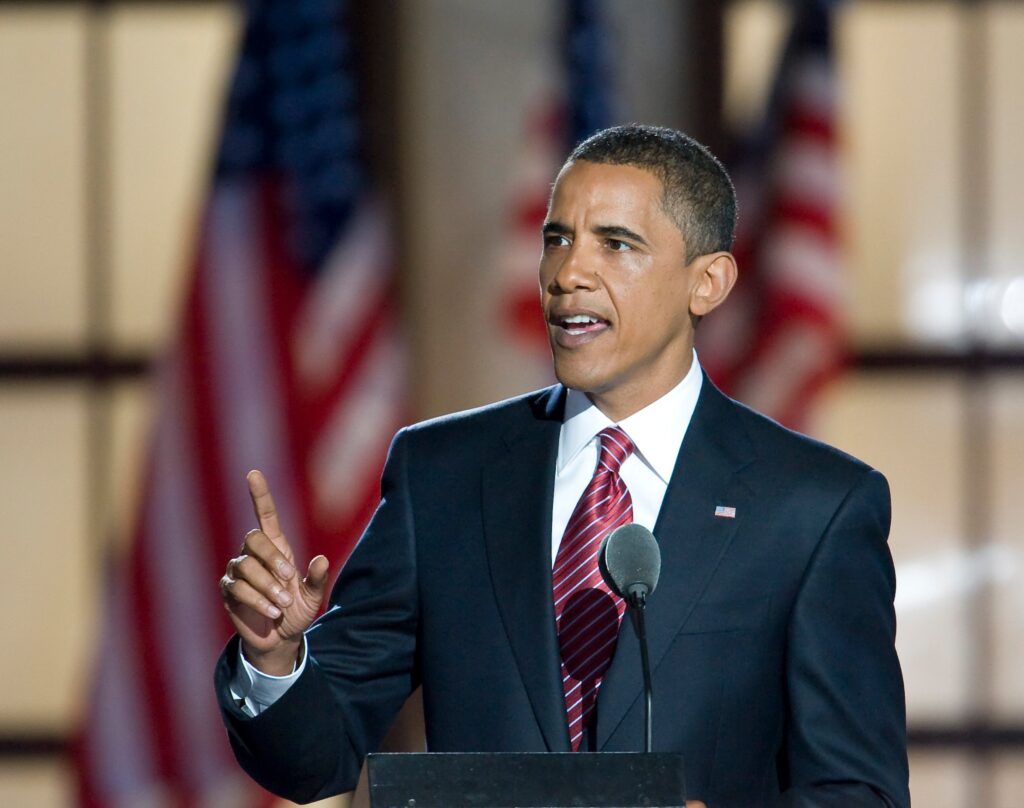Throughout American history, the journey towards Black political empowerment has faced significant challenges. The legacy of slavery and entrenched racial inequalities—including Black Codes and Jim Crow laws—sustained systemic suppression of African Americans’ civil and political rights for centuries.
However, through persistent activism and immense sacrifices, Black Americans gradually forged their political influence. This impact is especially visible in Washington, D.C., the nation’s capital, where milestones such as the election of the first Black president and the first African American woman in Congress showcase the substantial progress made in reshaping U.S. politics.
Below is theGrio’s tribute to some of the most influential Black politicians in American history.
Hiram Rhodes Revels
In 1870, Hiram Rhodes Revels shattered political barriers by becoming the first African American elected to the U.S. Senate. Born in North Carolina, he was a minister with the African Methodist Episcopal Church and served as a chaplain for the Union Army during the Civil War. Following the war, he moved to Mississippi, where he participated in the state Senate.
During Reconstruction, the Mississippi State Legislature elected Revels to fulfill a Senate seat left vacant during the Civil War. His historic election faced challenges from white southern Democrats, who contested its constitutionality due to Mississippi’s military rule and the recent enfranchisement of Black citizens.
Serving for just over a year, Revels championed the abolition of segregation laws and advocated for the civil rights of Black Americans. He notably stirred controversy by nominating a Black candidate for the U.S. Military Academy at West Point.
Joseph Hayne Rainey
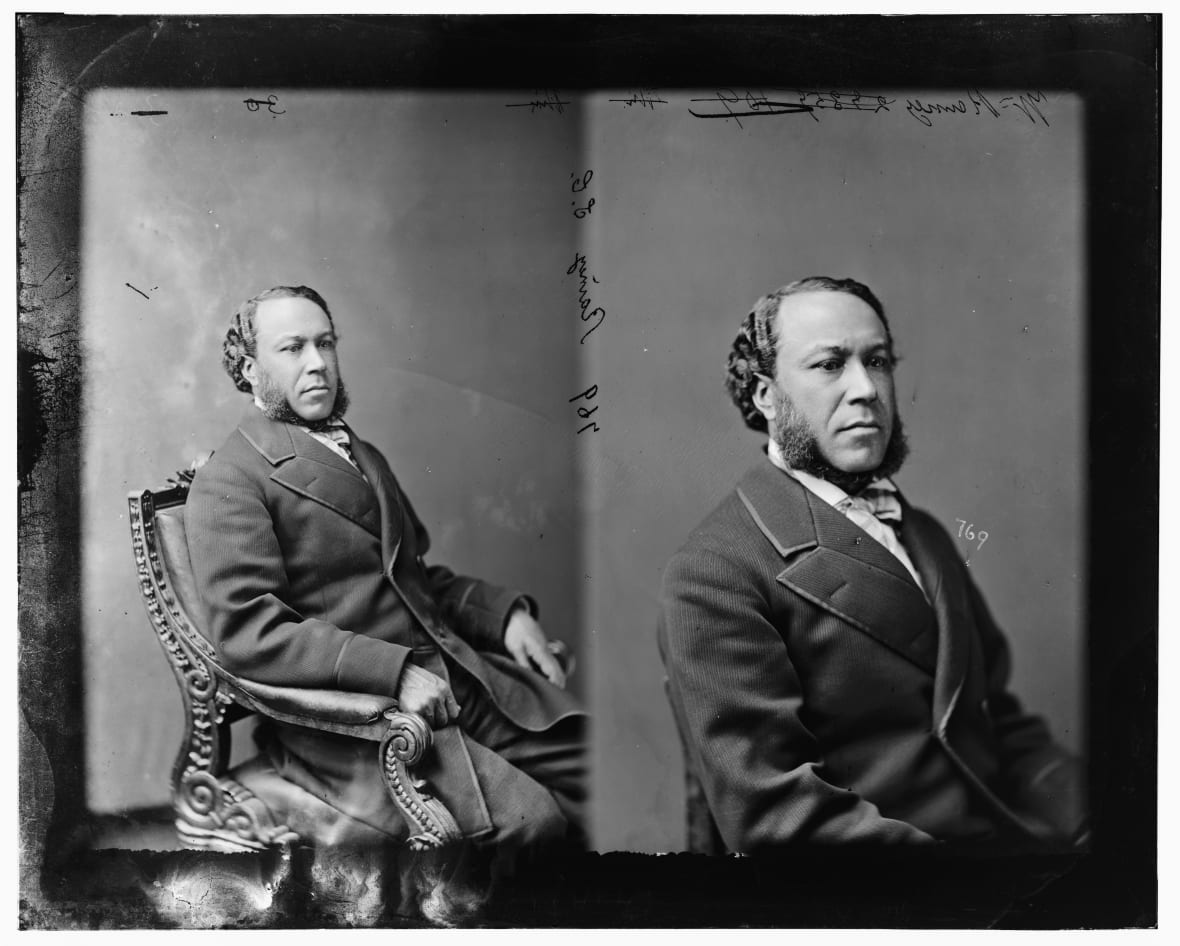
Joseph Hayne Rainey made history alongside Revels in 1870 by becoming the first African American elected to the U.S. House of Representatives, representing South Carolina. He was the son of Bermudian immigrants and had worked as a barber before being conscripted by the Confederate Army during the Civil War. Upon escaping to Bermuda with his wife, he returned to the U.S. post-war and served in the South Carolina Senate before moving to Congress.
Rainey significantly impacted the House Select Committee on the Freedmen’s Bank and became the first African American to preside over the House from the Speaker’s chair. His era marked the inception of Black political representation in Congress during Reconstruction, comprised of 13 Black members who eventually faced diminishing representation as Southern Democrats regained control.
Shirley Chisholm
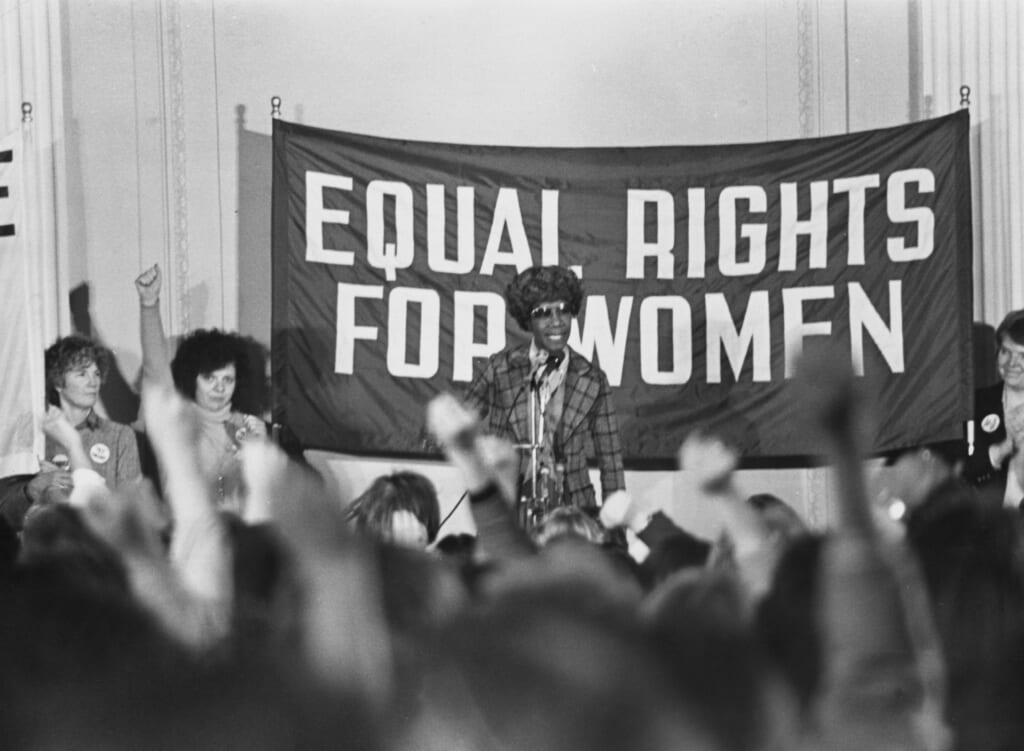
Shirley Chisholm etched her name in history books in 1972 as the first woman and first Black individual to run for president under a major party. Prior to this, she broke barriers by becoming the first Black woman elected to Congress in 1968.
With a campaign slogan of “Unbought and Unbossed,” Chisholm passionately advocated for Black and women’s rights, co-founding the Congressional Black Caucus and the Congressional Women’s Caucus. Her candor extended to her outspoken opposition to the Vietnam War during her first House speech in 1969.
In retrospect, while her presidential campaign was largely viewed as symbolic, her legacy resonates as a trailblazer, influencing future leaders, including Barack Obama, Kamala Harris, and Hillary Clinton.
John Lewis
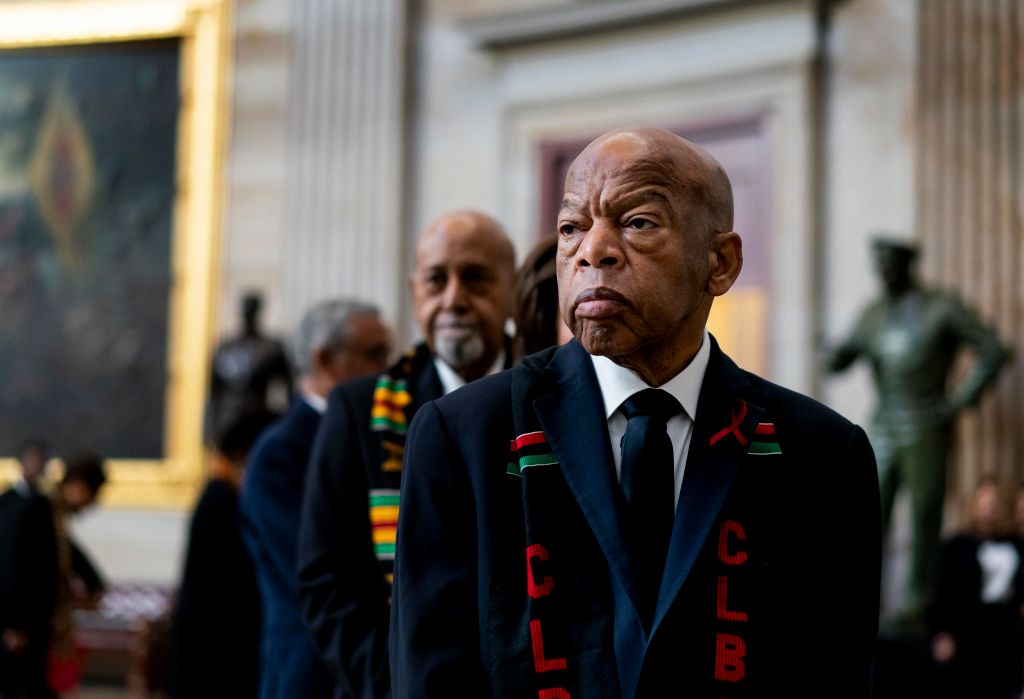
The late John Lewis’s legacy transcends the realm of politics. Prior to his election to Congress, he was a monumental figure in the civil rights movement, working closely with Dr. Martin Luther King Jr. and enduring life-threatening confrontations while advocating for voting rights during the Bloody Sunday march from Selma to Montgomery in 1965.
Joining Congress to represent Georgia’s 5th District, Lewis continued his passionate activism for over three decades, demonstrating unwavering commitment to issues such as racial equality and voting rights. He was instrumental in establishing the National Museum of African American History and Culture and consistently emphasized the importance of civil rights legislation.
Andrew Young
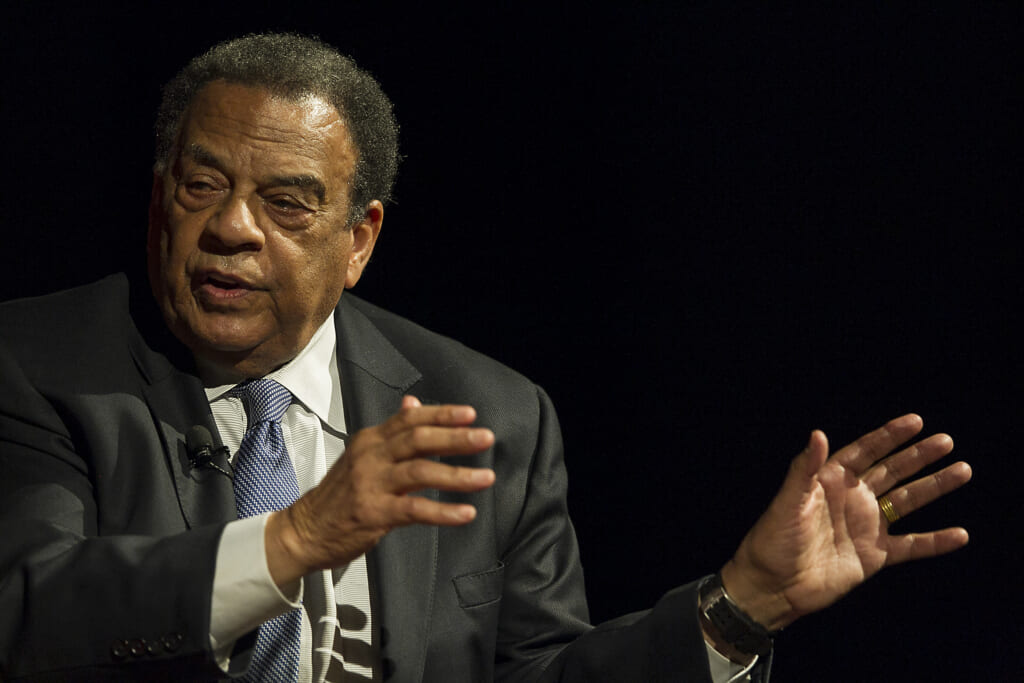
Andrew Young emerged as a pivotal figure in both the civil rights movement and U.S. diplomacy. As executive director of the Southern Christian Leadership Conference and a close ally of Dr. King, he witnessed pivotal moments during the movement, including King’s assassination.
Young’s political journey began with his election to Georgia’s 5th District seat in Congress in 1972, where he subsequently championed the establishment of the U.S. Institute for Peace. He later became the first African American U.S. Ambassador to the United Nations under President Carter, showcasing the increasing influence of Black leaders on the global stage.
Jesse Jackson, Sr.
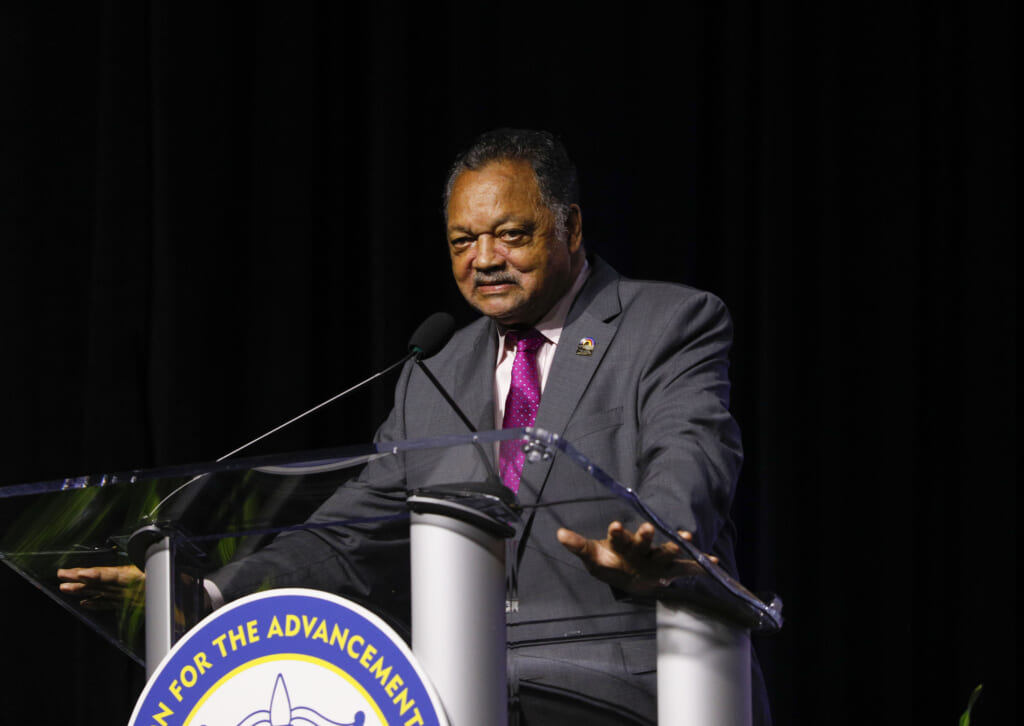
Rev. Jesse Jackson Sr. stands out as the first Black candidate to run for the Democratic Party’s presidential nomination with legitimate chances of winning. Previously, he was an influential civil rights leader, collaborating with Dr. King and spearheading organizations like Operation PUSH and the Rainbow Coalition.
After entering the presidential race in 1984, Jackson garnered over 3 million votes and finished 3rd in the primaries. His second campaign in 1988 saw even greater support, solidifying his position as a crucial force in U.S. politics and paving the way for future generations of Black leaders.
John Conyers Jr.
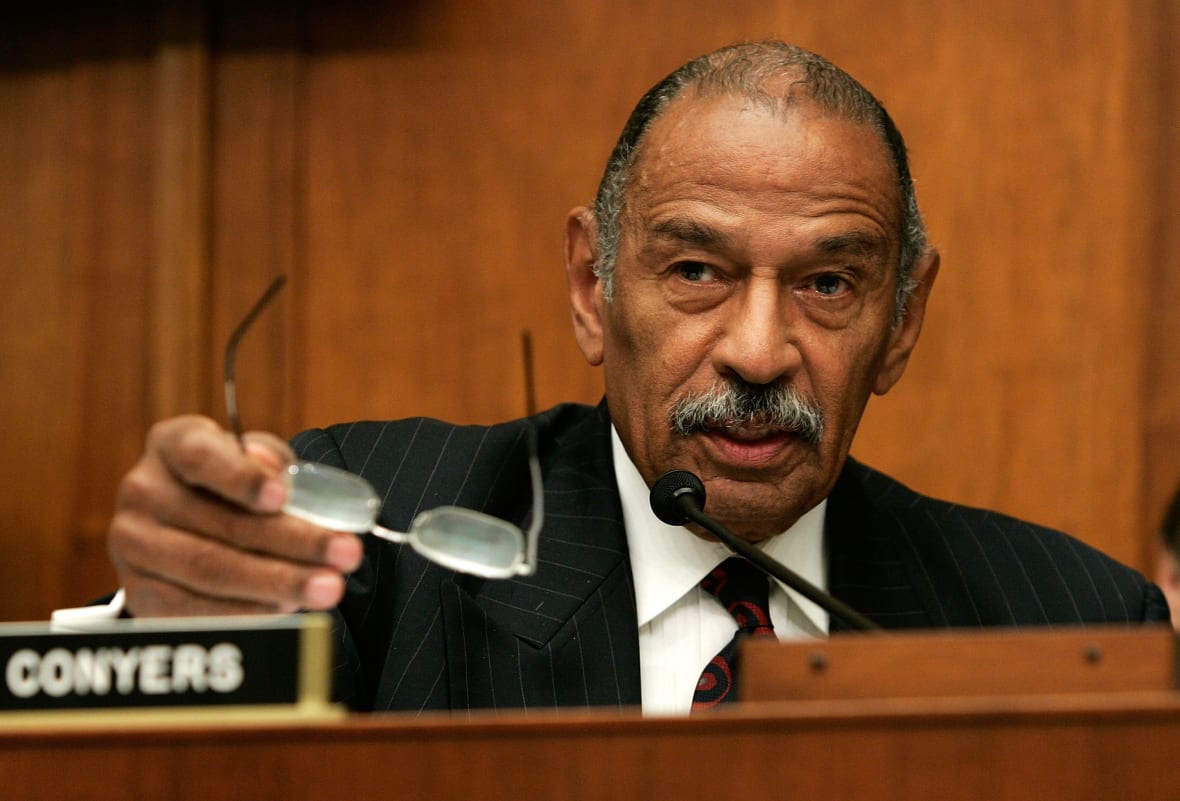
John Conyers Jr. forged a path for African Americans in Congress over his five-decade career. The first Black member of the Judiciary Committee, Conyers introduced legislation for reparations and initiated the process to make Martin Luther King’s birthday a federal holiday. His contributions were instrumental in the advocacy for civil rights and sustained legislative efforts post-Civil Rights Movement.
Carol Moseley Braun
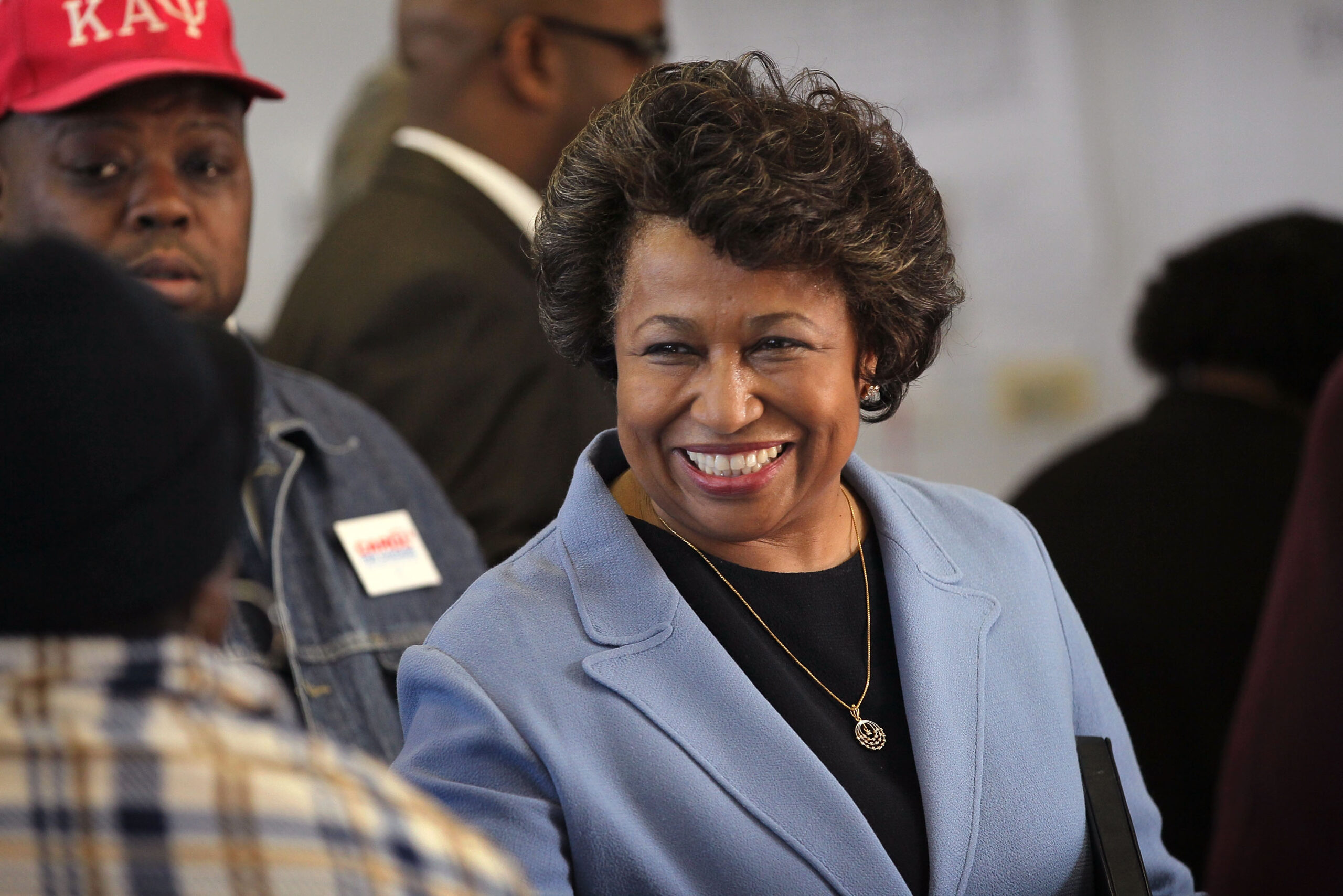
Carol Moseley Braun made history as the first Black woman elected to the U.S. Senate, paving the way for future leaders like Kamala Harris and Barack Obama. A former state representative and Cook County executive, she broke gender norms by famously wearing pants in Congress, challenging outdated dress codes.
Moseley Braun served one term in the Senate and was later appointed by President Clinton as U.S. Ambassador to New Zealand. Although her presidential aspirations in 2004 and mayoral run in 2010 were unsuccessful, she continues to inspire future generations of women in politics.
Colin Powell
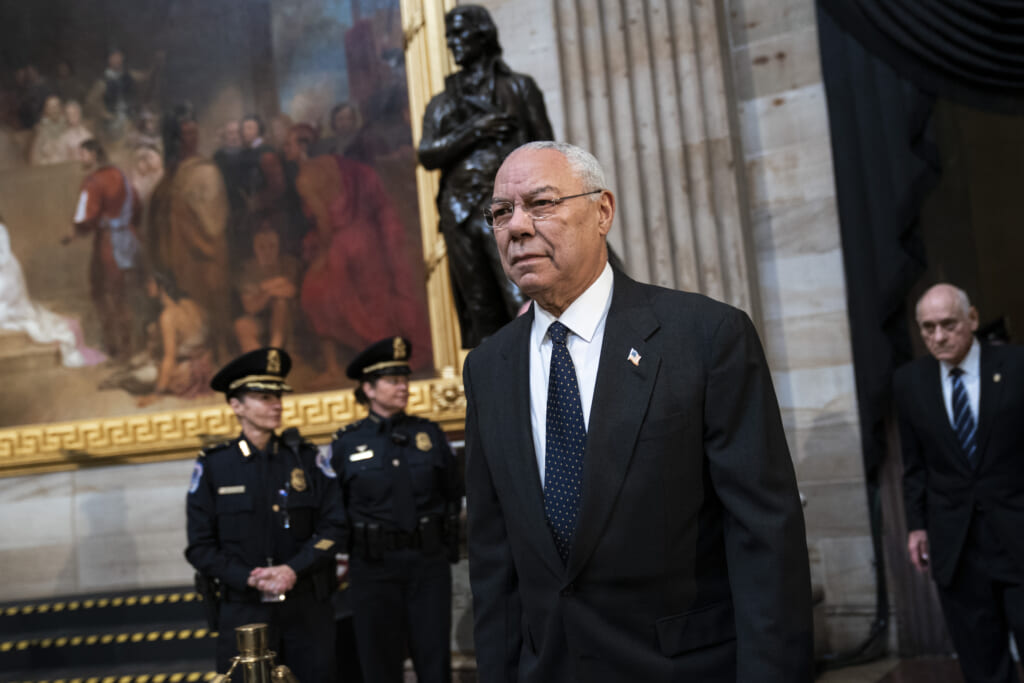
Colin Powell made history as the first African American U.S. Secretary of State, serving under President George W. Bush from 2001 to 2005. With a distinguished military career, he was previously the first Black Chairman of the Joint Chiefs of Staff.
Powell’s leadership marked a significant shift in the landscape of American diplomacy. Although he declined to run for president, he played a pivotal role in the election of Barack Obama, endorsing him during the 2008 race while firmly addressing unfounded rumors about Obama’s faith.
Hakeem Jeffries
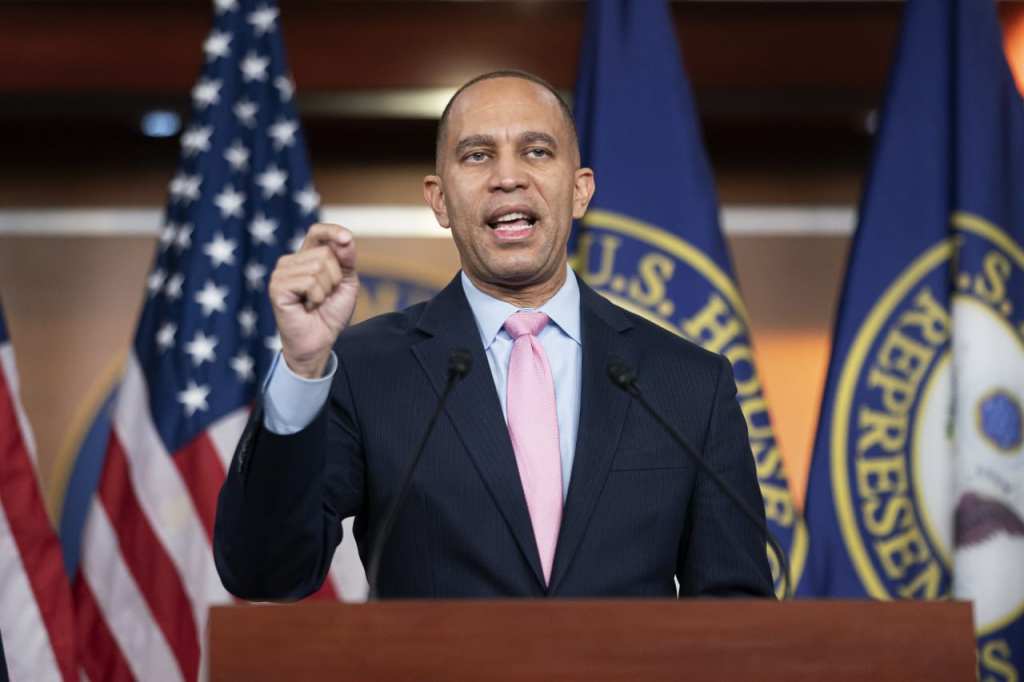
On January 6, 2023, Hakeem Jeffries was elected as the first African American to lead a major political party in either chamber of Congress. Transitioning from a tenure in the House since 2013, Jeffries represents the future of the Democratic Party following the long-standing leadership of Nancy Pelosi.
If successful in regaining House majority in the 2024 elections, Jeffries has the opportunity to become the first Black Speaker of the House, continuing to redefine representation for people of color in U.S. politics.
Barack Obama
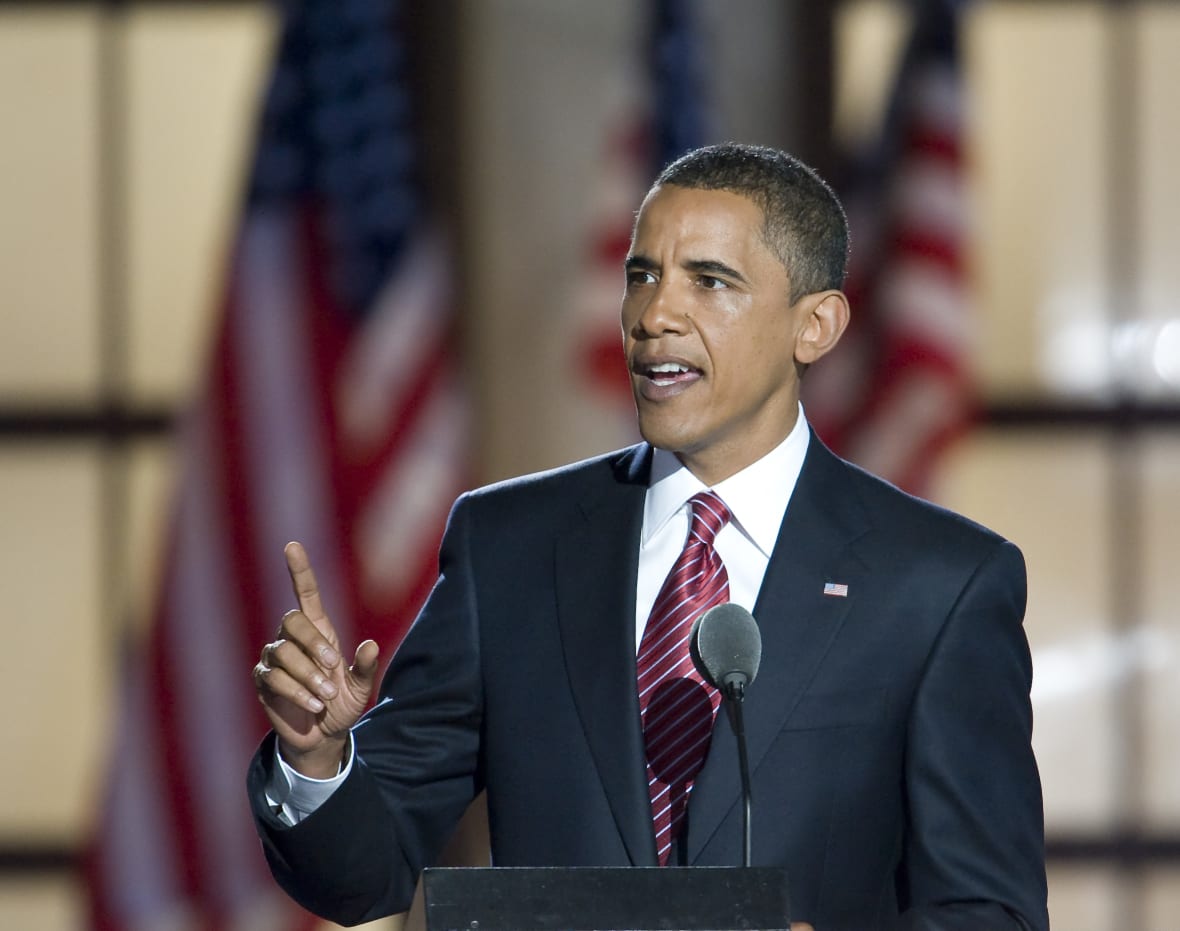
Barack Obama stands as one of the most recognized figures in American politics, heralded as the first Black president of the United States. His illustrious journey included being the first Black president of the Harvard Law Review and the first African American elected to the U.S. Senate from Illinois.
Obama’s presidency transformed the political landscape, highlighted by landmark initiatives such as the Affordable Care Act, which significantly decreased the uninsured rate among Black Americans. His appointments of diverse leaders within his administration underscored a commitment to representation and broadened the possibilities for future generations of Black leaders.
Kamala Harris
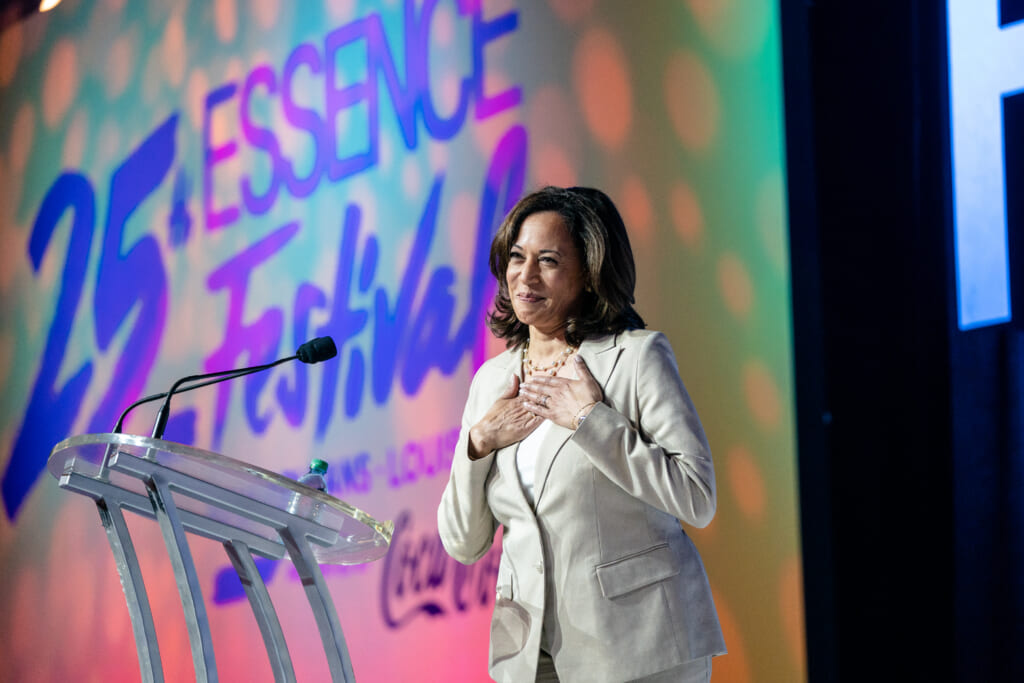
Vice President Kamala Harris has consistently broken barriers throughout her career, becoming the first Black woman and first South Asian vice president in U.S. history. Serving previously as California’s first Black U.S. senator and attorney general, Harris has paved the way for greater representation of women and people of color in leadership positions.
As the 2024 Democratic presidential nominee, Harris aimed to further cement her legacy but transitioned into a pivotal role as vice president instead. A member of Alpha Kappa Alpha Sorority, Inc. and a proud graduate of Howard University, she continues to amplify the voices and contributions of HBCUs and communities of color both domestically and internationally.
Harris has focused her vice presidential role on advancing issues such as reproductive rights and the economic empowerment of Black and minority-owned businesses, fostering a legacy of leadership that inspires future generations of women in politics.


